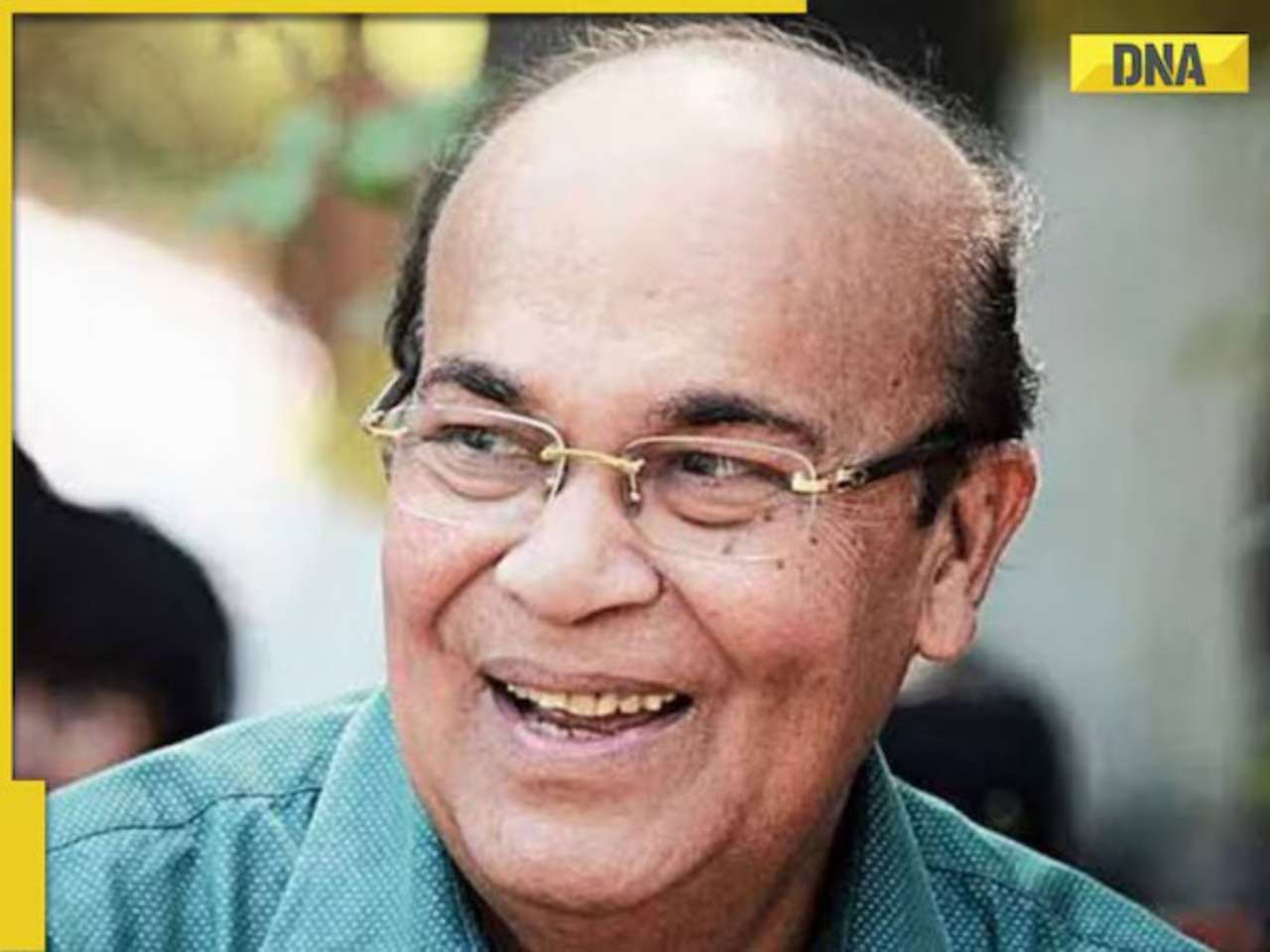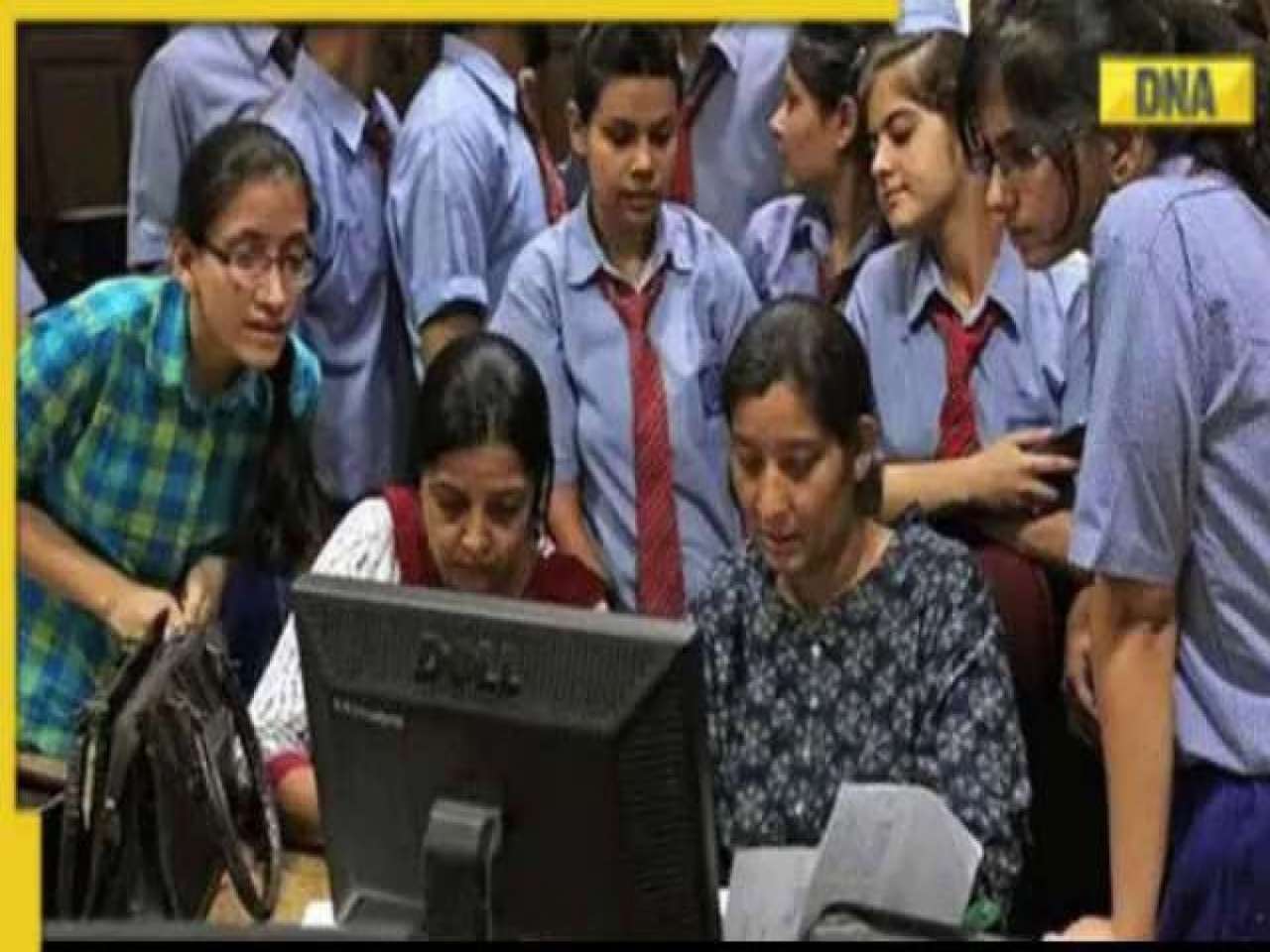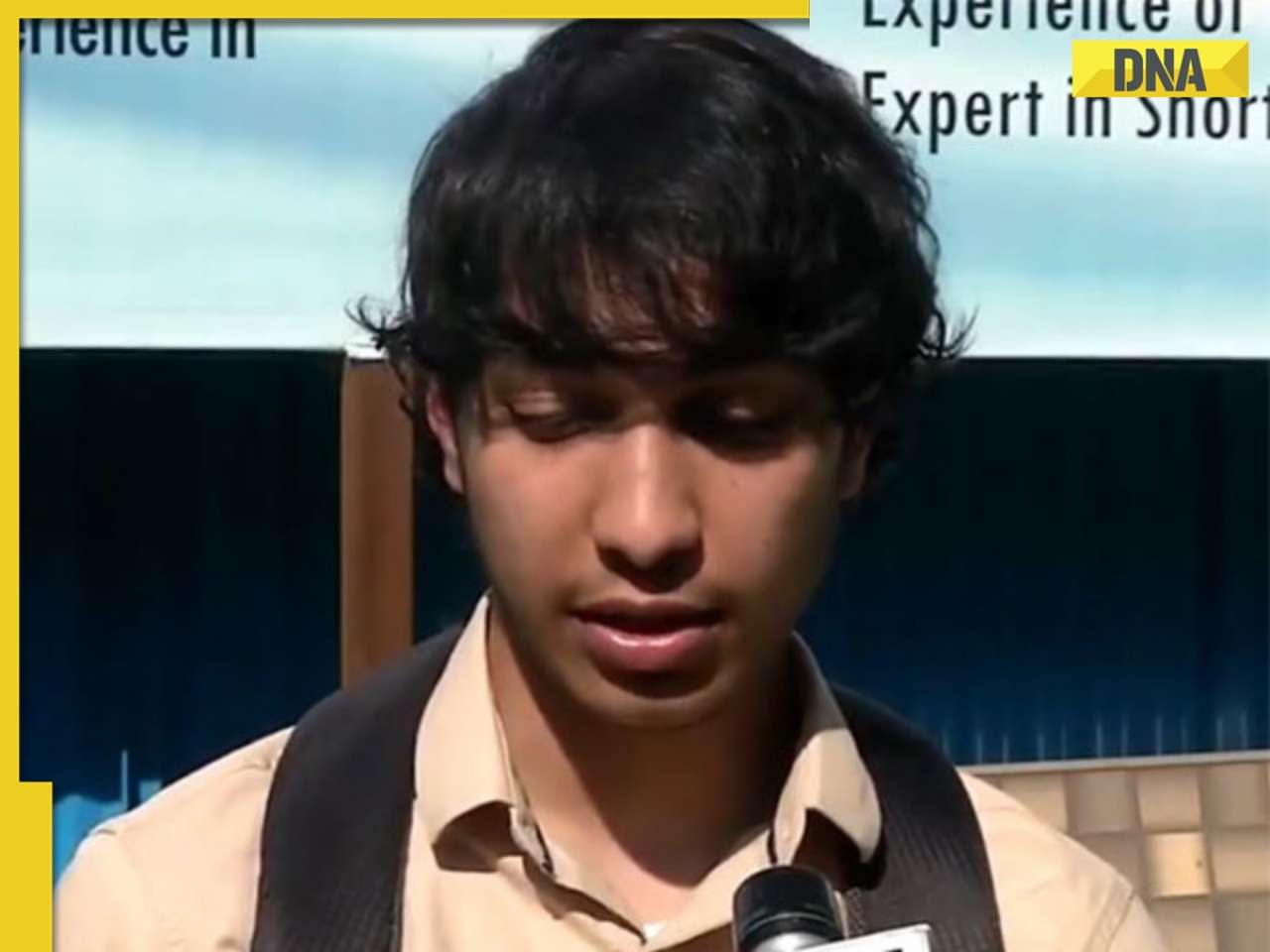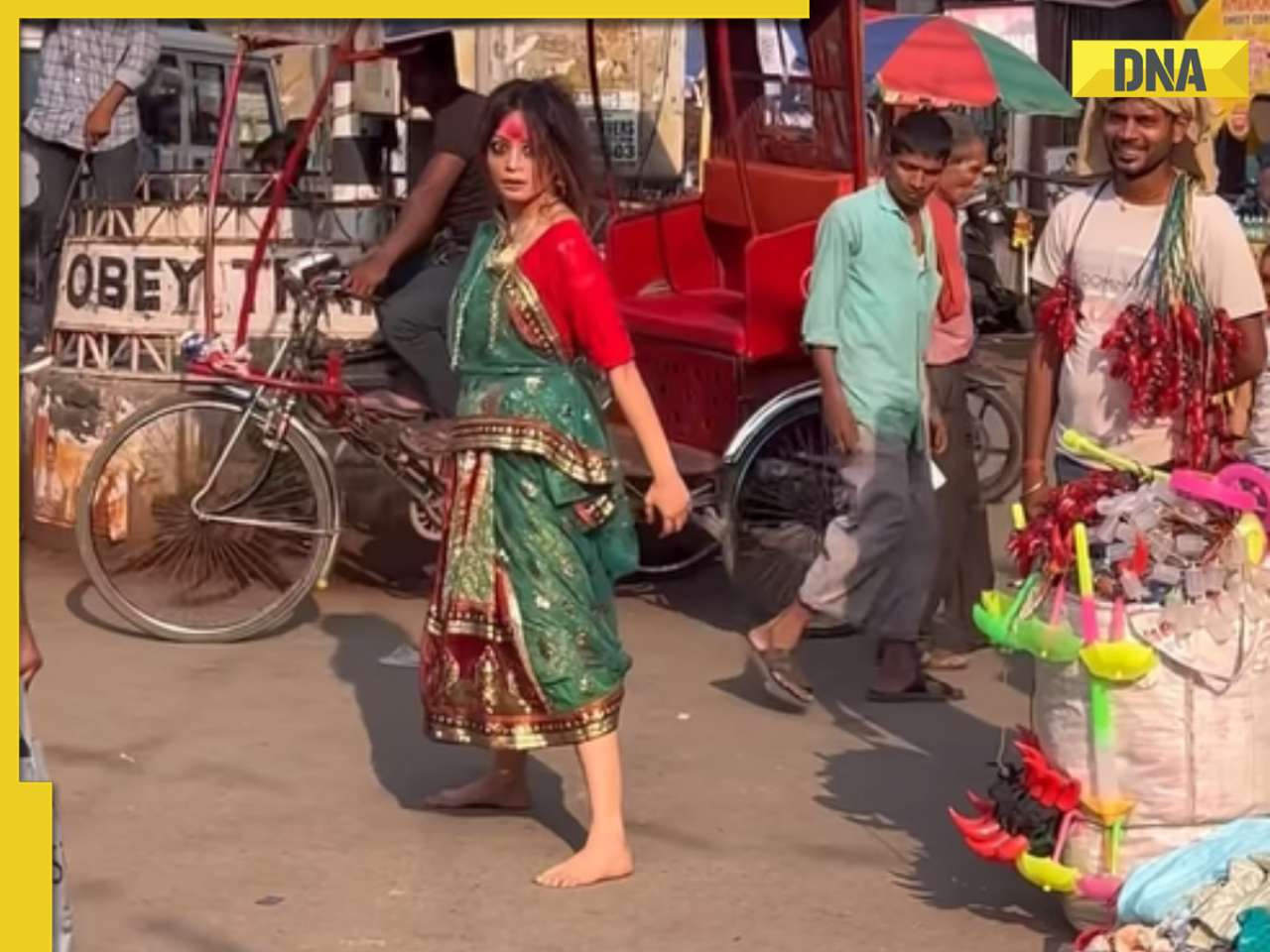In a candid chat with DNA, a bookie confessed that they would normally spend Rs two crore on a single match to pay the management, team members and other support staff
 MUMBAI: The ghost of match-fixing refuses to leave cricket. Pakistan’s surprising defeat by Ireland and India’s humiliating loss to Bangladesh in the World Cup seem to have renewed the buzz.
MUMBAI: The ghost of match-fixing refuses to leave cricket. Pakistan’s surprising defeat by Ireland and India’s humiliating loss to Bangladesh in the World Cup seem to have renewed the buzz.
Recently, the Nagpur police tapped into telephone conversations between alleged cricket bookie Mukesh Kochchar and West Indian batsman Marlon Samuels on January 20. In the conversation, conducted on the eve of the India-West Indies tie at Nagpur, Samuels passed on information about his team’s batting order.
“Our informant tipped us off about the Kochchar-Samuels connection after learning that Kochchar had offered some land to the cricketer,” a senior police officer said.
“By the time we got our surveillance mechanism in place, the discussions between Kochchar and Samuels had concluded. Hence we were able to only gather what was discussed about the team profile and Samuel’s own disposition in the team for the match.”
Another police officer, who interrogated several bookies in Mumbai in 1997, said: “We were able to establish how bookies went about fixing a match and how criminal syndicates in Dubai directed those operations. In a micro-level strategy, they would approach two or three individual players – a top bowler, a batsman, or a wicketkeeper – to augment the possibility of the team losing a particular match.”
“Each player would be offered (and paid) in the range of Rs50 lakh and above for his role in tanking the match,” he said. An officer said that a common strategy was to approach susceptible players and teams earning lower incomes.
“The nexus between the bookies and the underworld came to the fore when a former bookie told us that Dawood gang member Sharad Shetty (killed by rivals in a shootout some years ago) would regularly fix matches,” the officer said.
Citing an example, he explained how a bookie had received large bets on a particular team winning a match as against the bets placed in favour of the opposite team, and was keen to ensure that the latter won. While he approached some members of the first team to tank the match, another bookie, who had collected larger bets on the rival team, was keen to ensure the opposite result and so approached the other team.
“In the wake of this, Shetty intervened and placed a huge bet on one of the two teams, while telling bookies that the match should be fixed in his favour, so he could make a killing,” the officer said.
“The bookies had to toe Shetty’s line. This was a final, and the team that lost started the very first over by offering a number of no balls.”
But a bookie who spoke to DNA said macro-fixing is by far the preferred method. “There is too much money at stake and it is not enough to convince a handful of players to throw away the match,” he said.
“The defeat has to be ensured. Normally, we spend Rs2 crore on a single tie to pay the management, team members, and other support staff. Our strategy is to convince players that registering a surprise loss to a lesser-known team at the outset of a big tournament would soon be forgotten when it is followed by better performances.”
Fortunately, the Indian team today is less susceptible to match-fixing.
“Endorsement deals, high wages, as well as the cricket board’s decision to pay players according to their performance are strong safeguards,” the bookie said.
How the bookies operate
Ever wondered what Dubai or London have to do with cricket? London, for obvious reasons, is connected to the game. However, if one goes by what people involved in cricket-betting have to say, these two places are known to be among destinations where the betting odds of every cricket match emanate from.
With the start of the World Cup, it’s flourishing time for bookies viz. people who accept bets from punters. The odds favour that team which is the favourite.
For example, In a match between Australia and Bermuda, the Australian team would most likely be the favourite and hence would command lower odds.
To give an example, at 30/33 odds for Australia-win and Rs 3-4 for a Bermuda-win, for every Rs 100 bet on Australia, the punter would earn Rs 30 if Australia wins. And if the punter bets on Bermuda, the gains could be as high as Rs 300 for every Rs 100 bet on that team. Bets can be placed before and during the match.
There are other options too. For example, bookies spell out two-way quotes on the two teams. They would quote “30/33 paisa for Australia-win”. This means, the punter will be placing a bet in favour of Australia-win at 30 paisa (wins Rs 30 for Rs 100 bet if Australia wins). On the other hand, he places a bet against Australia-win at 33 paisa (losses Rs 33 for Rs 100 bet, if Australia wins) at that point.
So, the punter can make a choice based on his liking or belief. What’s more? In the event of the favourite team’s position deteriorating, the odds would increase as the chances of the team winning reduces. Punters can also square up their odds and safeguard their positions (losses).
Here, for example, if Australia’s odds increase to 48/50 paisa, assuming the punter has earlier placed a bet in favour of Australia at 30 paisa, he could safeguard his position by placing another bet of Rs 100 against Australia-win at 50 paisa (loss of Rs 50 if Australia wins; net loss is Rs 20).
But at times, when the result of the match is very much clear, then bookies typically don’t provide odds and hence, there is no way a punter can square up the bets placed earlier.
But how do bookies earn their living? Bookies earn by way of a margin (or spread). Just the way the stock market functions, there is a demand side and a supply side viz. bets in favour and against.
Punters place bets with bookies, who in turn track their order books with an aim to have a balanced position. For instance, the net position (bets in favour adjusted for bets against) is covered up by placing bets (for the net position) with other bookies at a higher odd (generally 1 or 2 paisa) by the bookie.
If the net position of that particular bookie is not balanced, the process takes place at the end of each ball or every over (depends on volumes). That’s because, even a wicket can lead to huge swings in the odds. Bookies also use computers with sophisticated risk management software for their betting business, which in turn help them reduce/avoid losses.
![submenu-img]() Meet man who once suffered loss of Rs 15 crore, then built Rs 2000 crore turnover company at 60, he is…
Meet man who once suffered loss of Rs 15 crore, then built Rs 2000 crore turnover company at 60, he is…![submenu-img]() 'They did her dirty': Aishwarya Rai fans criticise stylist for her 'failed art project' outfit on Cannes red carpet
'They did her dirty': Aishwarya Rai fans criticise stylist for her 'failed art project' outfit on Cannes red carpet![submenu-img]() Woman walks on the streets of Tokyo in saree, viral video shows people’s reaction
Woman walks on the streets of Tokyo in saree, viral video shows people’s reaction![submenu-img]() Blinkit offering ‘free dhaniya’ with vegetable orders, people now asking for free…
Blinkit offering ‘free dhaniya’ with vegetable orders, people now asking for free…![submenu-img]() Kartam Bhugtam: Shreyas Talpade-starrer is a riveting dive into the unknown
Kartam Bhugtam: Shreyas Talpade-starrer is a riveting dive into the unknown![submenu-img]() Meet PhD wife of IIT graduate hired at Rs 100 crore salary package, was fired within a year, he is now…
Meet PhD wife of IIT graduate hired at Rs 100 crore salary package, was fired within a year, he is now…![submenu-img]() Meet woman not from IIT, IIM or NIT, cracked UPSC exam in first attempt with AIR...
Meet woman not from IIT, IIM or NIT, cracked UPSC exam in first attempt with AIR...![submenu-img]() Maharashtra Board Results 2024: MSBSHSE class 10th, 12th results soon, know how to check results via SMS
Maharashtra Board Results 2024: MSBSHSE class 10th, 12th results soon, know how to check results via SMS![submenu-img]() Meet Indian genius who became world’s 'youngest' surgeon at 7, worked in IIT for...
Meet Indian genius who became world’s 'youngest' surgeon at 7, worked in IIT for...![submenu-img]() Meet Kashmir boy, who is JEE topper, wants to pursue Computer Science, he aims to clear...
Meet Kashmir boy, who is JEE topper, wants to pursue Computer Science, he aims to clear...![submenu-img]() DNA Verified: Is CAA an anti-Muslim law? Centre terms news report as 'misleading'
DNA Verified: Is CAA an anti-Muslim law? Centre terms news report as 'misleading'![submenu-img]() DNA Verified: Lok Sabha Elections 2024 to be held on April 19? Know truth behind viral message
DNA Verified: Lok Sabha Elections 2024 to be held on April 19? Know truth behind viral message![submenu-img]() DNA Verified: Modi govt giving students free laptops under 'One Student One Laptop' scheme? Know truth here
DNA Verified: Modi govt giving students free laptops under 'One Student One Laptop' scheme? Know truth here![submenu-img]() DNA Verified: Shah Rukh Khan denies reports of his role in release of India's naval officers from Qatar
DNA Verified: Shah Rukh Khan denies reports of his role in release of India's naval officers from Qatar![submenu-img]() DNA Verified: Is govt providing Rs 1.6 lakh benefit to girls under PM Ladli Laxmi Yojana? Know truth
DNA Verified: Is govt providing Rs 1.6 lakh benefit to girls under PM Ladli Laxmi Yojana? Know truth![submenu-img]() Aishwarya Rai Bachchan turns heads in intricate black gown at Cannes, walks the red carpet with injured arm in cast
Aishwarya Rai Bachchan turns heads in intricate black gown at Cannes, walks the red carpet with injured arm in cast![submenu-img]() Laapataa Ladies' Poonam aka Rachna Gupta looks unrecognisable in viral photos, amazes with jaw-dropping transformation
Laapataa Ladies' Poonam aka Rachna Gupta looks unrecognisable in viral photos, amazes with jaw-dropping transformation![submenu-img]() In pics: Taarak Mehta Ka Ooltah Chashmah actress Deepti Sadhwani dazzles in orange at Cannes debut, sets new record
In pics: Taarak Mehta Ka Ooltah Chashmah actress Deepti Sadhwani dazzles in orange at Cannes debut, sets new record![submenu-img]() Ananya Panday stuns in unseen bikini pictures in first post amid breakup reports, fans call it 'Aditya Roy Kapur's loss'
Ananya Panday stuns in unseen bikini pictures in first post amid breakup reports, fans call it 'Aditya Roy Kapur's loss'![submenu-img]() Remember Harsh Lunia? Just Mohabbat child star, here's how former actor looks now, his wife is Bollywood's popular...
Remember Harsh Lunia? Just Mohabbat child star, here's how former actor looks now, his wife is Bollywood's popular...![submenu-img]() Haryana Political Crisis: Will 3 independent MLAs support withdrawal impact the present Nayab Saini led-BJP government?
Haryana Political Crisis: Will 3 independent MLAs support withdrawal impact the present Nayab Saini led-BJP government?![submenu-img]() DNA Explainer: Why Harvey Weinstein's rape conviction was overturned, will beleaguered Hollywood mogul get out of jail?
DNA Explainer: Why Harvey Weinstein's rape conviction was overturned, will beleaguered Hollywood mogul get out of jail?![submenu-img]() What is inheritance tax?
What is inheritance tax?![submenu-img]() DNA Explainer: What is cloud seeding which is blamed for wreaking havoc in Dubai?
DNA Explainer: What is cloud seeding which is blamed for wreaking havoc in Dubai?![submenu-img]() DNA Explainer: What is Israel's Arrow-3 defence system used to intercept Iran's missile attack?
DNA Explainer: What is Israel's Arrow-3 defence system used to intercept Iran's missile attack?![submenu-img]() 'They did her dirty': Aishwarya Rai fans criticise stylist for her 'failed art project' outfit on Cannes red carpet
'They did her dirty': Aishwarya Rai fans criticise stylist for her 'failed art project' outfit on Cannes red carpet![submenu-img]() Kartam Bhugtam: Shreyas Talpade-starrer is a riveting dive into the unknown
Kartam Bhugtam: Shreyas Talpade-starrer is a riveting dive into the unknown![submenu-img]() Richa Chadha says Heeramandi co-star Sharmin Segal being trolled for her performance is 'audience’s right'
Richa Chadha says Heeramandi co-star Sharmin Segal being trolled for her performance is 'audience’s right'![submenu-img]() Meet only Indian actress whose film is competing for top prize at Cannes; not Aishwarya, Deepika, Kiara, Priyanka, Alia
Meet only Indian actress whose film is competing for top prize at Cannes; not Aishwarya, Deepika, Kiara, Priyanka, Alia![submenu-img]() How two heroines beat Rajinikanth, Vijay, Dhanush to give Tamil cinema's biggest hit of 2024; low-budget film earned...
How two heroines beat Rajinikanth, Vijay, Dhanush to give Tamil cinema's biggest hit of 2024; low-budget film earned...![submenu-img]() Woman walks on the streets of Tokyo in saree, viral video shows people’s reaction
Woman walks on the streets of Tokyo in saree, viral video shows people’s reaction![submenu-img]() Why Australians walk barefoot in public: Here’s the reason
Why Australians walk barefoot in public: Here’s the reason![submenu-img]() People in this country compete to see who’s best at doing nothing, here's why
People in this country compete to see who’s best at doing nothing, here's why![submenu-img]() Viral video: Influencer dressed as 'Manjulika' dances on crowded road, internet reacts
Viral video: Influencer dressed as 'Manjulika' dances on crowded road, internet reacts![submenu-img]() Viral video: Baby elephant receives 'Z-category security' during family nap in Tamil Nadu reserve
Viral video: Baby elephant receives 'Z-category security' during family nap in Tamil Nadu reserve






































)



















)
)
)
)
)
)